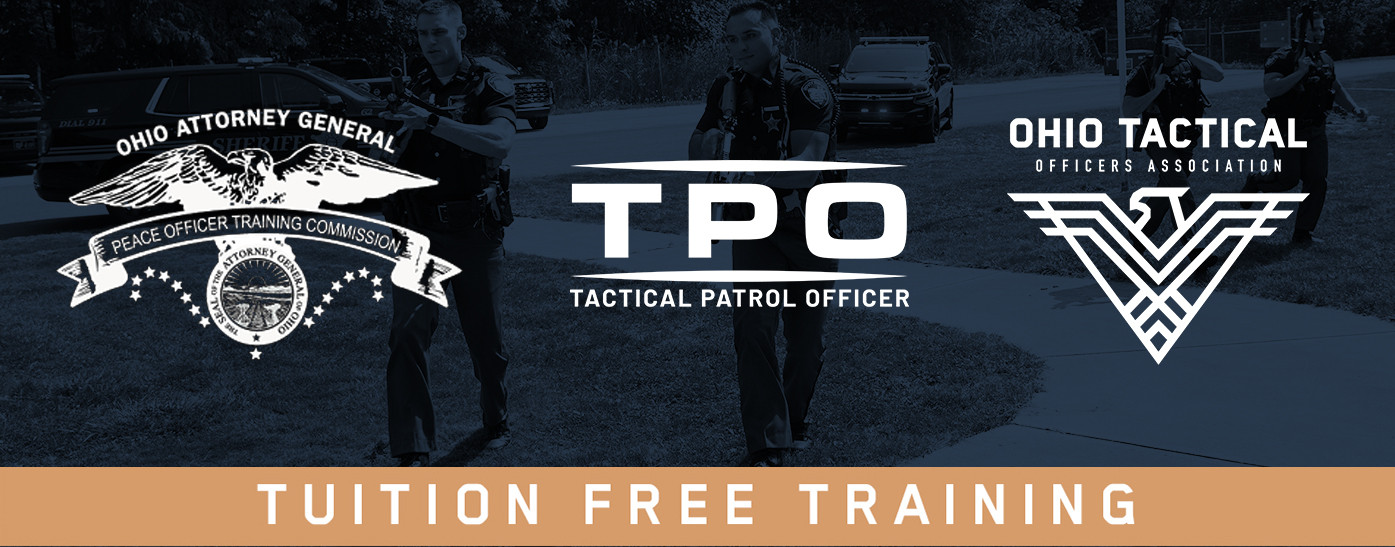Phase One
- 8 hours: Critical Incident Leadership for Patrol Operations
- 16 hours: Active Shooter Response (Patrol or Tactical Teams)
- 16 hours: Close Quarter Concepts for Patrol

The Tactical Patrol Officer Program affirms that every officer, deputy, and trooper is a leader—regardless of rank.
More than training, it is a mission to prepare patrol-level officers with the principles, skills, and mindset to stop the threat, protect the vulnerable, and return home alive.
The TPO program fosters a well-rounded, adaptive, and ethically sound approach, ultimately enhancing the safety and well-being of both officers and the communities they serve.
Legal, leadership, medical, and tactical components are interwoven so officers can navigate a broad spectrum of challenges more effectively.
Establishes a solid foundation, ensuring officers comprehend the laws governing their actions; instills ethical decision-making with real-world case studies related to the use of force.
Teaches specialized skills for varied scenarios—from active-shooter events to urban/rural considerations—building expertise in strategic responses.
Emphasizes nonviolent strategies via realistic scenarios that refine decision‑making and communication in dynamic situations.
Develops swift decision‑making, team coordination, and clear communication—core leadership capabilities for dynamic environments.
Engages strategies that prioritize community safety and effective communication during operations.
Covers maneuvers, positioning, and engagement strategies, focusing on points of failure and friction around vehicle encounters.
Keeps officers current on contemporary use‑of‑force and case law, empowering lawful, effective adaptation of tactics.
Teaches lifesaving techniques, trauma care, and self‑aid practices to respond to injuries and emergencies.